Biological Molecules
This lesson covers:
- What the different biological molecules (nutrients) are, including carbohydrates, lipids, proteins, vitamins, mineral ions, fibre and water.
- Which foods each biological molecule is found in
- Why we need each type of biological molecule
Note that you do not need to know all of the details of the vitamins and minerals, we have included them as examples to help you understand what they do.
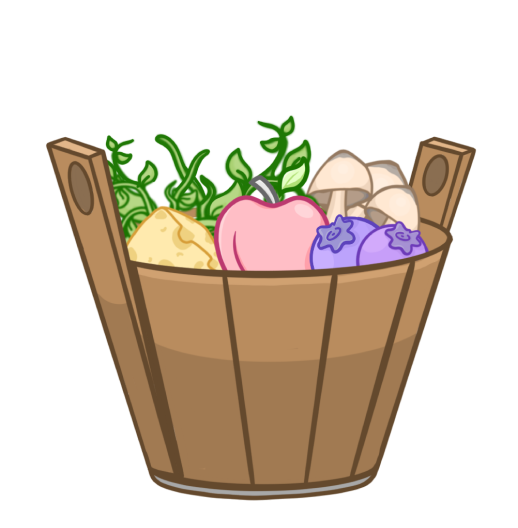 |
Balanced Diet A balanced diet is a diet that includes appropriate proportions of all the different biological molecules, including carbohydrates, proteins, lipids, vitamins, minerals, dietary fibre, and water. |
Too much or too little of any of these could lead to problems. For example, too much food in general could lead to obesity, but a lack of any particular one could lead to a deficiency disease such as scurvy. |
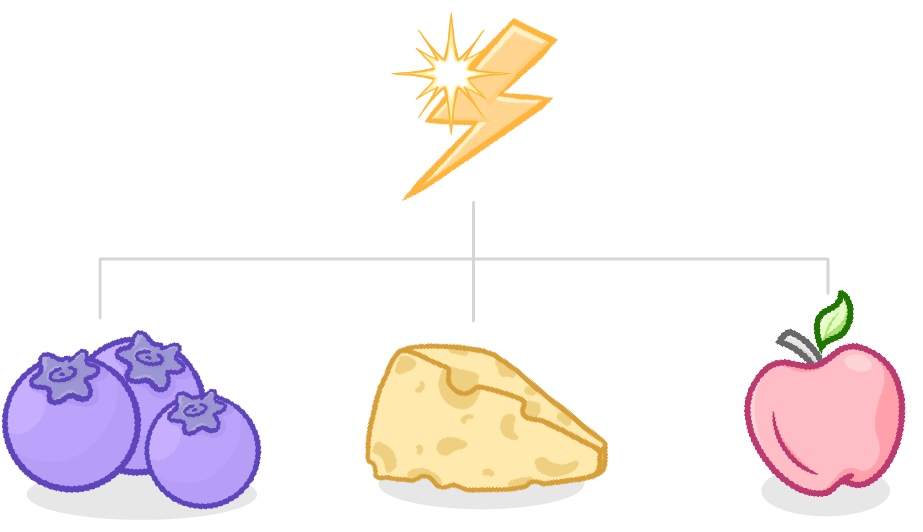 |
How much energy do we need? |
We get energy from the food we eat. Although carbohydrates are our main source of energy, lipids are also used for energy, and even proteins can be broken down for energy if necessary. |
As in physics, we can measure energy in Joules (J). However, in the case of food, we often use calories instead. |
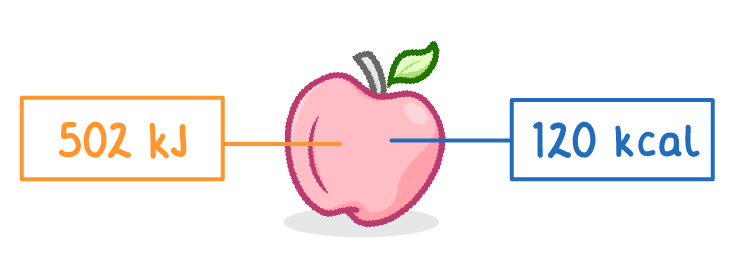 |
How much energy we need each day depends on a lot of things, but there are 3 main factors to consider:
|
Which 3 of the biological molecules below do we need in large quantities?
(Select all that apply)
Lipids
Carbohydrates
Vitamins
Proteins
Minerals
|
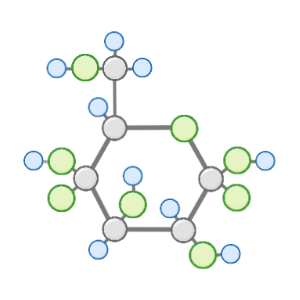
Why do we need carbohydrates?
To help food move through our intestines
To insulate us and regulate our body temperature
To provide energy for chemical reactions
To repair damaged tissue
|
Fats and oils together make the food group known as:
|
Why do we need lipids?
(Select 2 options from the list below)
To insulate us and regulate our body temperature
To help food move through our intestines
To provide energy for chemical reactions
To repair damaged tissue
|
lipids / carbohydrates / proteins
- Starchy foods like potatoes, bread, and pasta contain a lot of .
- Meat, fish, and legumes contain a lot of .
- Cheese, nuts, and avocados contain a lot of .
|

Which food group is the most important for growth and producing new cells?
Mineral ions
Proteins
Carbohydrates
Lipids
|
Which vitamin or mineral ion is important for good vision and healthy hair and skin?
Vitamin D
Calcium
Vitamin A
Vitamin C
Iron
|
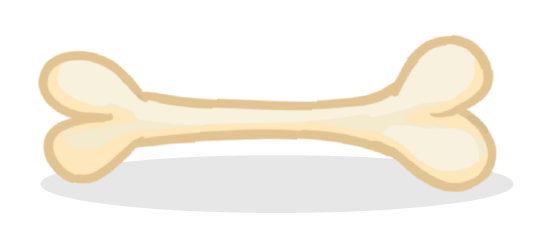
Which mineral is important for strong bones?
|
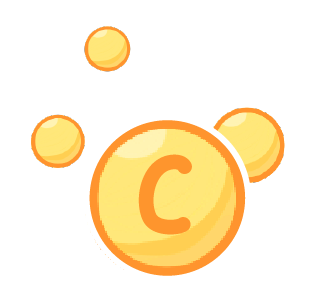
Which disease can be caused by lack of vitamin C?
|
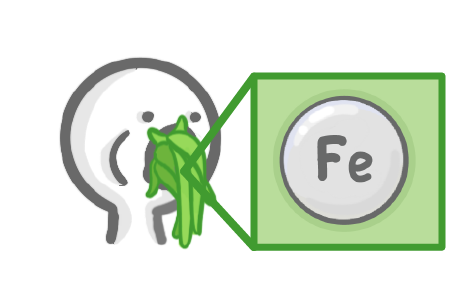
Explain why it is important that we get enough iron in our diet.
|
Why do we need fibre?
To provide energy for chemical reactions
To help food move through our intestines
To reduce the risk of dehydration
To prevent us from getting rickets
|
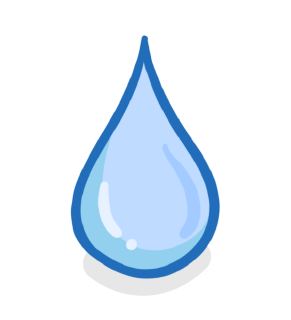
What are the 3 main ways by which we lose water from the body?
|
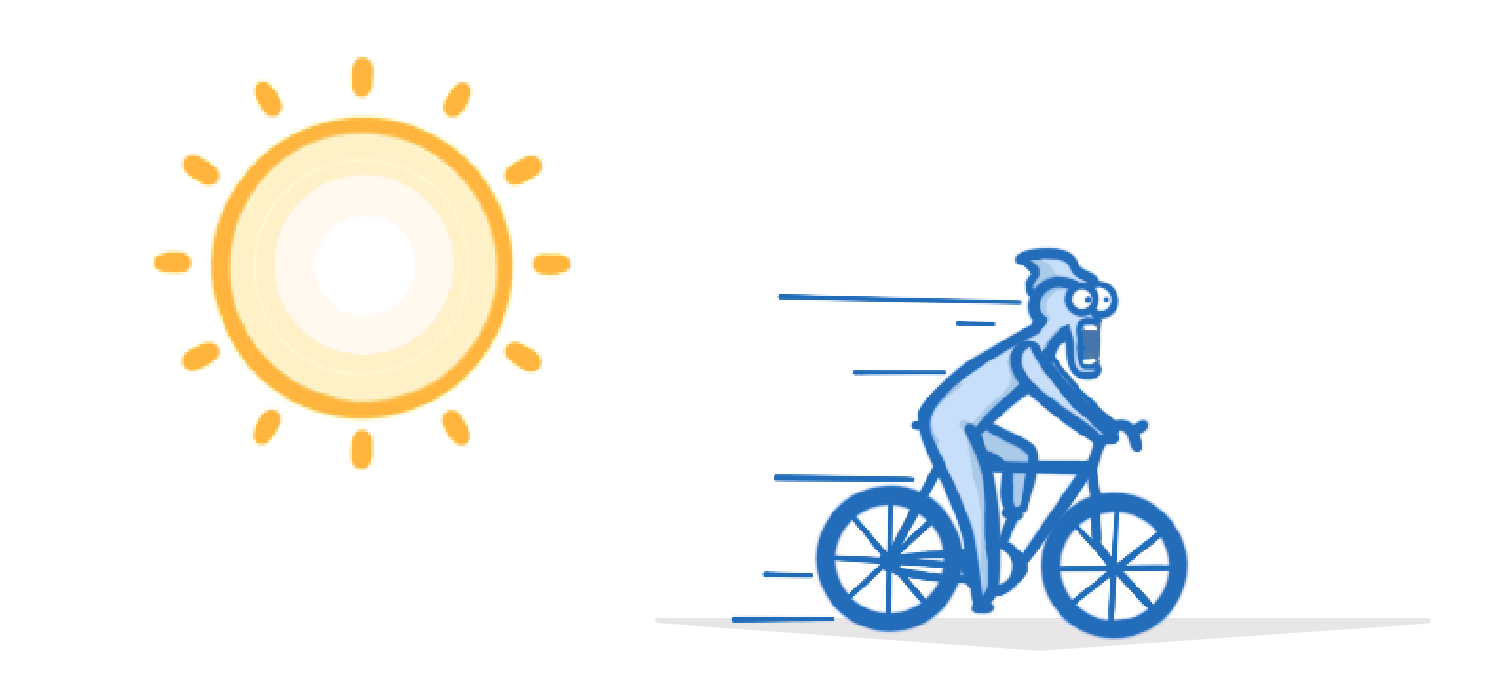
Which vitamin or mineral ion helps us to absorb calcium, and can be made by the body, using sunlight?
Vitamin C
Vitamin A
Calcium
Iron
Vitamin D
|